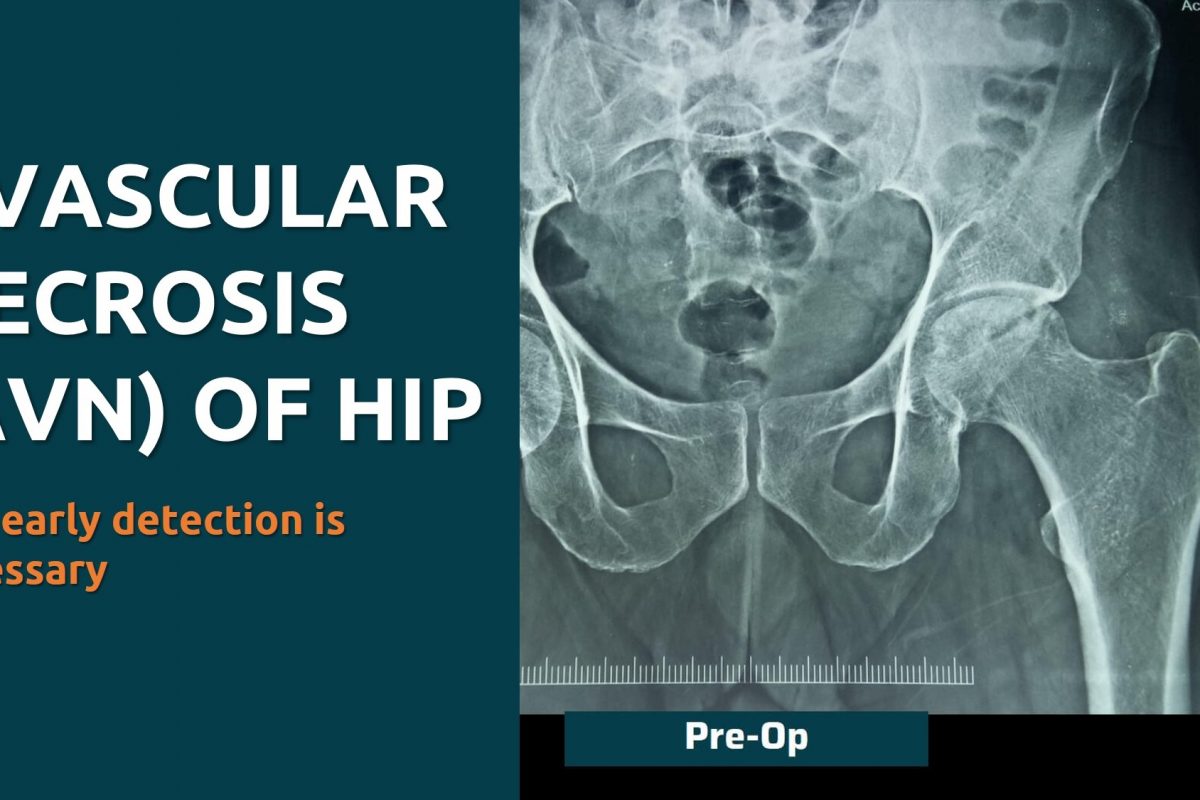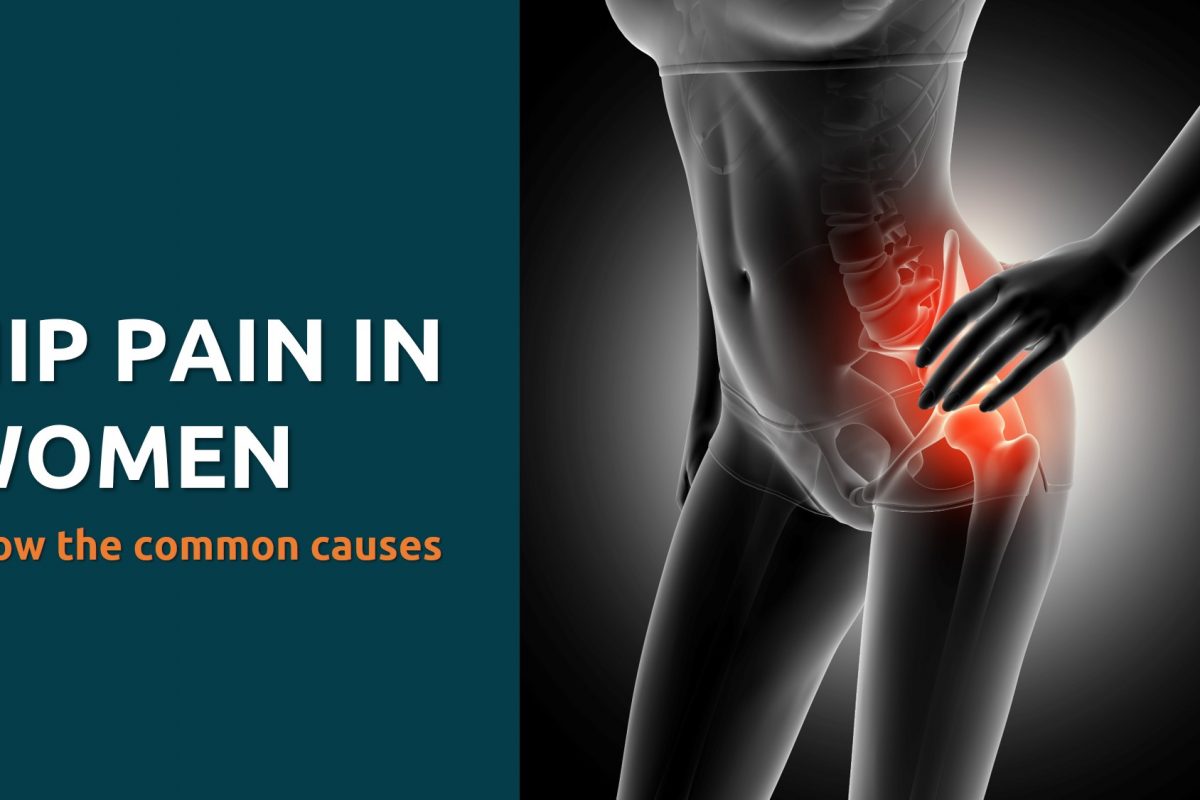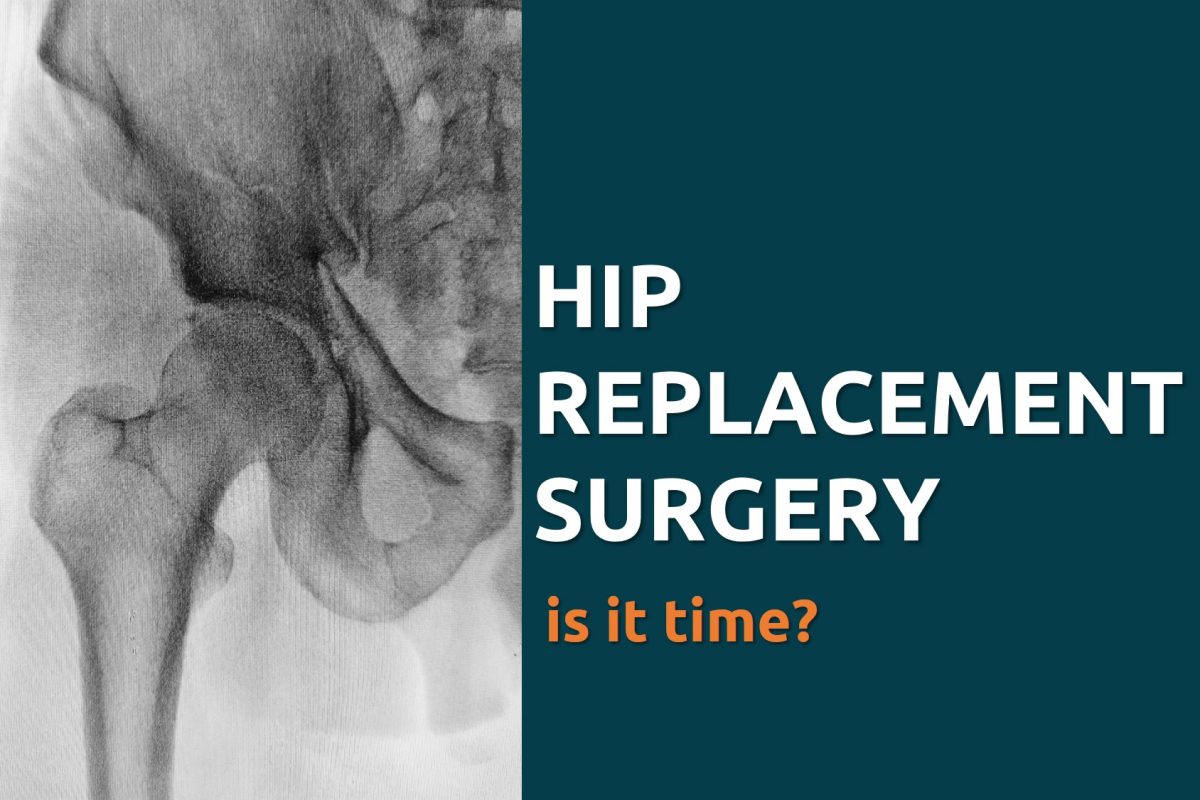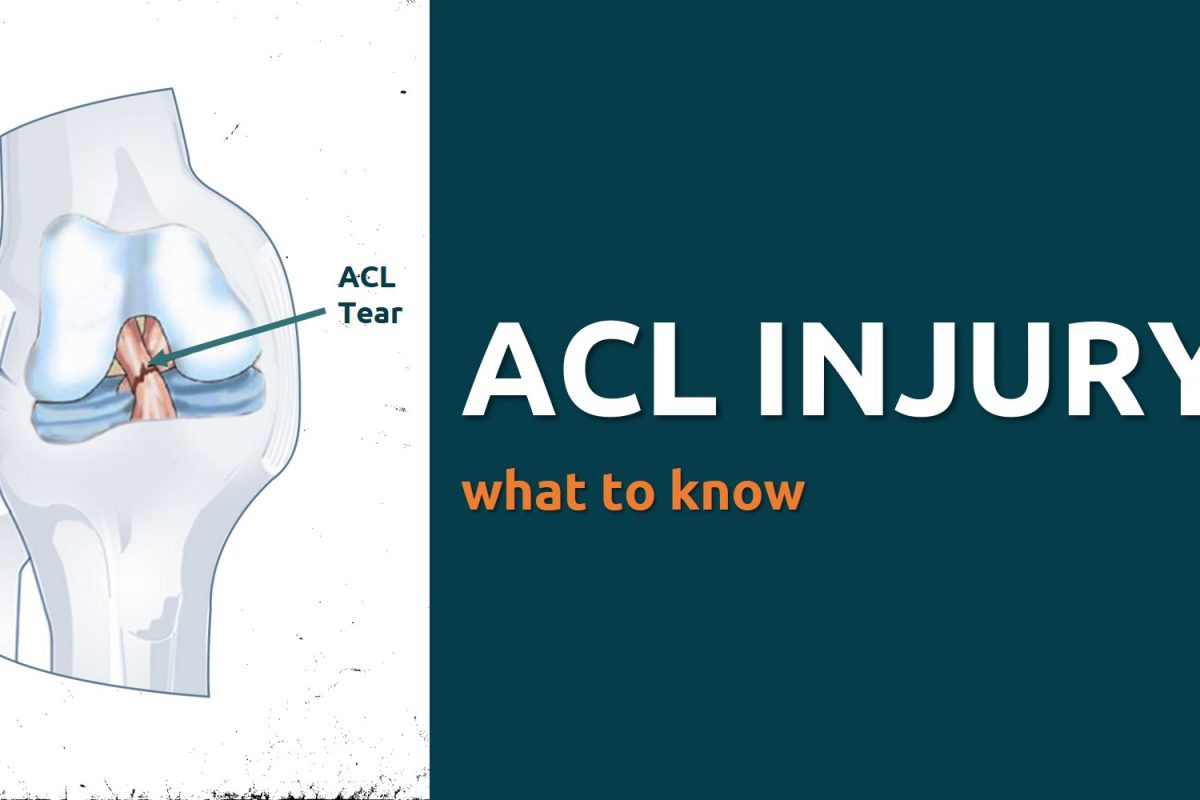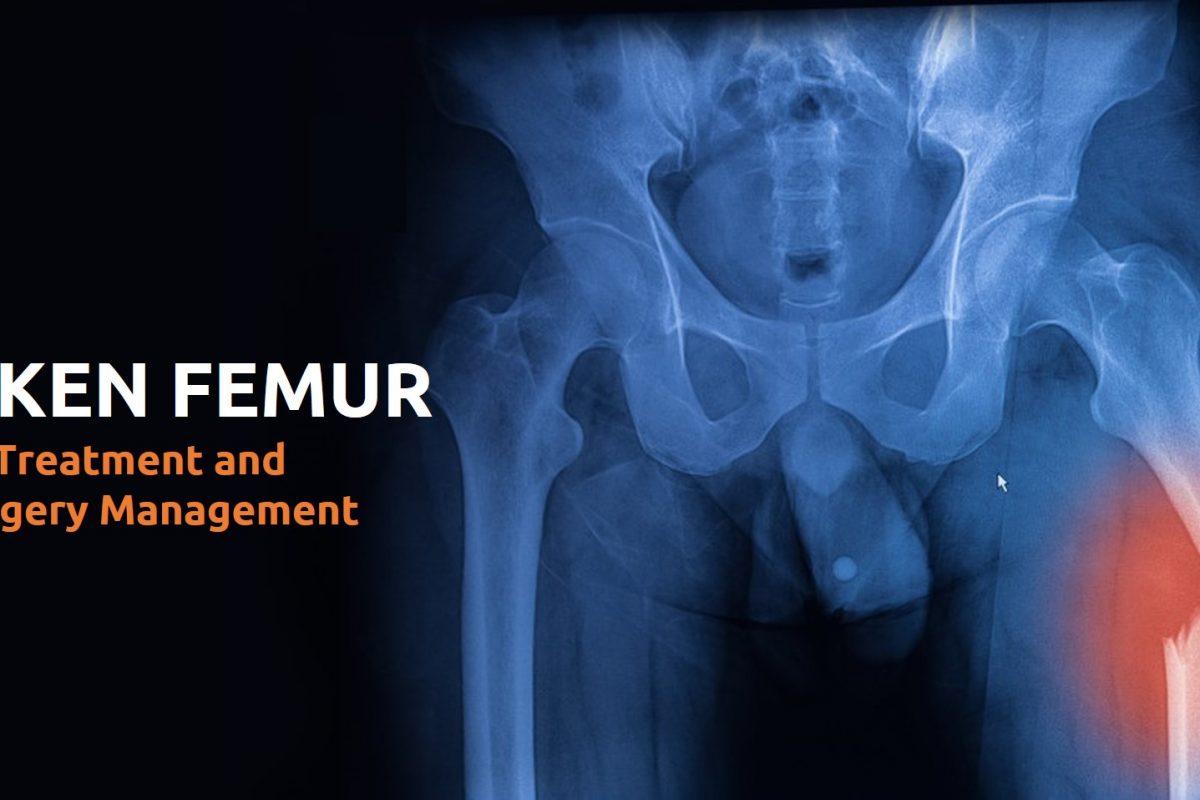What is Avascular Necrosis?
Avascular necrosis (AVN) is the death of bone tissue due to a loss of blood supply. You might also hear it called osteonecrosis, aseptic necrosis, or ischemic bone necrosis. If it isn’t treated, AVN can cause the bone to collapse. AVN most often affects your hip.
Anyone can be affected, but the condition is most common in people between the ages of 30 and 50.
Causes and Risk Factors for Avascular Necrosis
Things that can make avascular necrosis more likely include:
- Alcohol consumption
- Medical treatments like radiation therapy for cancer (as it weakens bones)
- Long term usage of steroid drugs
- Trauma (breaking or dislocating a hip)
- Certain medications
- Blood clots, inflammation, and damage to your arteries. All of these can block blood flow to your bones.
Symptoms of AVN
Many people have no symptoms in the early stages of avascular necrosis. As the condition worsens, your affected joint might hurt only when you put weight on it. Pain associated with avascular necrosis of the hip might center on the groin, thigh or buttock.
You may have severe pain if the bone and surrounding joint collapse making it unable to use your joints. The time between the initial symptoms and bone collapse can range from several months to more than a year.
Why early detection is necessary with AVN
Primary concern is if the disease progresses to the stage in which the bone dies and collapses, then the only option is a hip replacement.
When avascular necrosis of the hip is diagnosed at the onset stage, core depression can sometimes successfully prevent the collapse of the femoral head. If your hip, knee, or ankle is affected, you may need crutches to take weight off the damaged joint. Untreated avascular necrosis also causes bone to lose its smooth shape, potentially leading to severe arthritis.
Treatment goals for AVN are to improve the joint, stop the bone damage, and ease pain.

